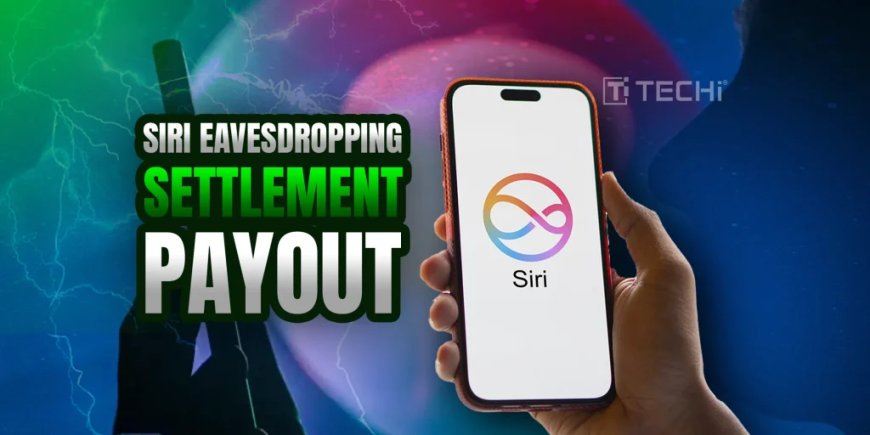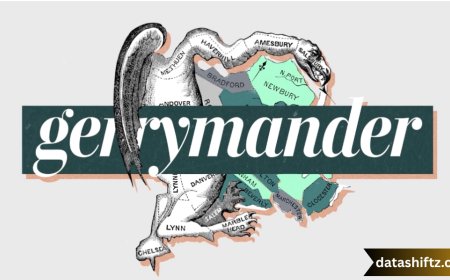Siri Settlement: What You Need to Know

Apple has recently agreed to settle a class-action lawsuit involving its voice assistant, Siri. The legal case, which accused Apple of violating user privacy, has drawn considerable attention across tech, legal, and consumer circles. This blog post breaks down the Siri Settlement in simple terms, explores its implications, and helps users understand what it means for them and the broader tech industry.
Background of the Siri Settlement
Siri, Apple’s intelligent voice assistant, is a key feature integrated into most Apple devices. Users interact with Siri to send messages, set reminders, get directions, and more—often with highly personal content involved. The class-action lawsuit alleged that Apple’s devices were "listening" without proper consent, and that voice recordings were used in ways that violated privacy laws.
The central claim was that Apple collected, stored, and analyzed voice recordings without obtaining proper permission from users. This alleged practice, according to plaintiffs, not only breached Apple’s own privacy promises but also potentially allowed third parties to access sensitive personal data.
Settlement Details
As of now, Apple has agreed to a financial settlement, though it denies any wrongdoing or violation of law. The company maintains that it has always prioritized user privacy. However, to avoid prolonged litigation and legal expenses, Apple has opted to settle the case.
Terms of the Siri Settlement
| Aspect | Details |
|---|---|
| Settlement Amount | $25 million total |
| Eligibility | U.S. residents who used Siri on certain Apple devices between 2016–2021 |
| Individual Payout | Estimated at $30–$50 per eligible user |
| Filing Deadline | Expected in mid-2025 (Exact date TBA) |
| Final Approval Hearing | Scheduled for late 2025 (Exact date pending court scheduling) |
To claim a portion of the settlement, users must file a valid claim form, which will be made available through a dedicated settlement website.
What Led to the Lawsuit?
The origins of the case can be traced back to multiple media reports and user complaints, claiming that Siri was being activated inadvertently and recording conversations without a user's intent. These recordings were allegedly reviewed by contractors as part of Apple’s quality control processes, a practice that drew strong criticism.
List: Major Allegations in the Siri Lawsuit
-
Unintentional activation of Siri without a clear user command.
-
Unauthorized recording and storage of voice data.
-
Use of contractors to review audio files without user consent.
-
Violation of privacy promises made in Apple’s marketing and terms of service.
Apple responded by changing its policies. In 2019, the company halted human review of Siri recordings and introduced a user opt-in for Siri data sharing. These changes helped regain some consumer trust, but the legal case persisted.
Implications for Users and Tech Industry
This settlement marks a significant moment in the evolving conversation around digital privacy and voice-assisted technology. While Apple is not admitting liability, the payout reflects growing accountability for tech companies managing sensitive user data.
From a broader perspective, this case could:
-
Encourage stronger data protection measures by other tech firms.
-
Lead to more transparent privacy policies and clearer consent protocols.
-
Empower users to demand better controls over their personal information.
It also serves as a cautionary tale for the voice assistant industry, including competitors like Amazon’s Alexa and Google Assistant, which face similar scrutiny.
Final Thoughts: Is Your Privacy Safe?
The Siri Settlement is more than just a legal footnote—it’s a wake-up call about how voice technology intersects with user privacy. While Apple has taken steps to improve transparency and security, the incident underscores the need for vigilance, both from corporations and consumers.
If you are an Apple user, here are a few steps you can take to protect your data:
-
Review your Siri settings in the iPhone or iPad settings menu.
-
Limit voice recording permissions by opting out of Siri analytics.
-
Stay informed about ongoing privacy developments and class-action eligibility.
Conclusion
While the Siri Settlement may not drastically change how Siri operates, it is a notable example of consumers holding tech companies accountable. As voice technology continues to evolve, so too will the conversations—and the legal boundaries—around privacy. For now, users should remain informed and proactive, taking advantage of available tools and rights to safeguard their digital footprint.






























